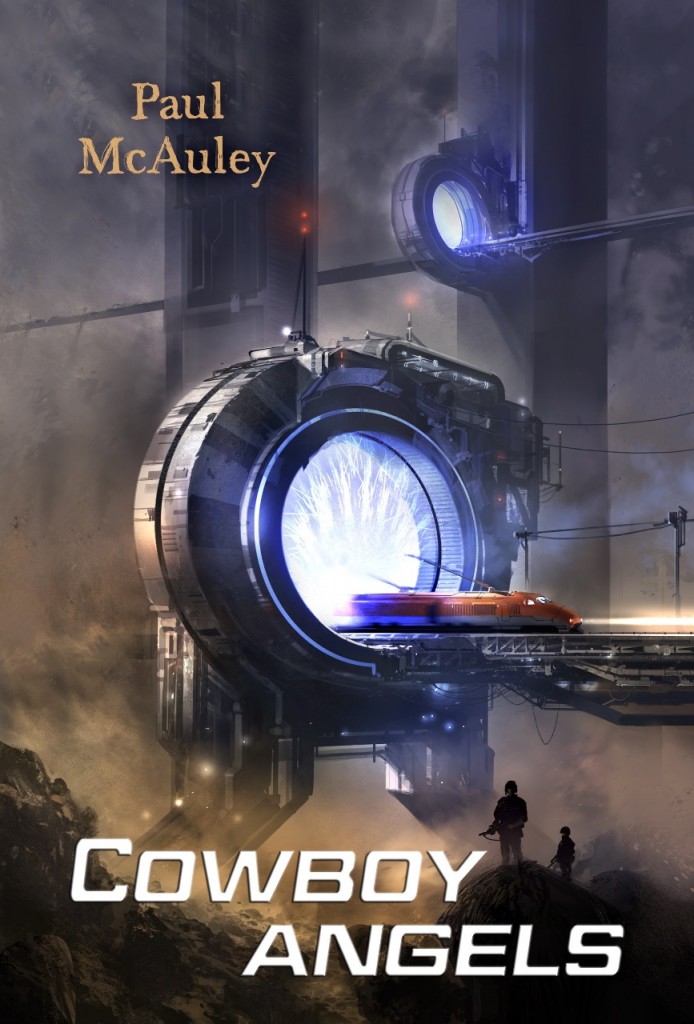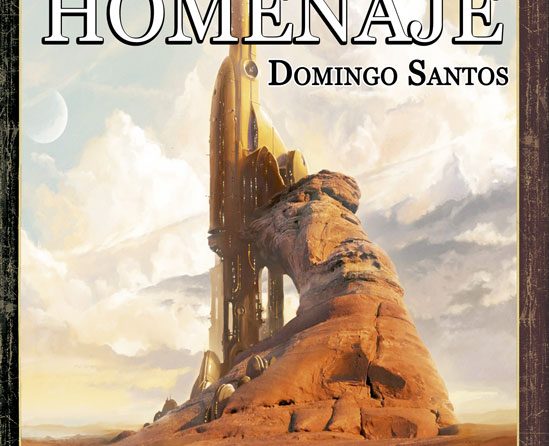 Adam Stone is an ex-Company man, living the good life on a farm in a ‘wild sheaf’ where homo sapiens never achieved technological civilisation. Unfortunately for him the Company is the Central Intelligence Group, The Real’s version of our CIA.
Adam Stone is an ex-Company man, living the good life on a farm in a ‘wild sheaf’ where homo sapiens never achieved technological civilisation. Unfortunately for him the Company is the Central Intelligence Group, The Real’s version of our CIA.
The Real is a parallel world in which the Second World War never happened, where Alan Turing emigrated to America in the 1950’s and laid the foundations for the development of Turing Gates. By 1968 the CIG was beginning to use the Gates to secretly explore parallel worlds. Conveniently for the purposes of the current story, all the worlds found have either split away from what we consider ‘real’ history sometime in the last century, and so offer variations on our modern world, or are uninhabited by humanity and thus undeveloped. The undeveloped worlds are exploited for resources and used as getaways for the rich, privileged and powerful. Some of the parallel Americas are infiltrated by the CIG’s Cowboy Angels, who run black ops to destabilise American governments which don’t meet with the approval of the US government in The Real. When governments fall the newly ‘liberated’ nations join the Pan-American Alliance. That is until Jimmy Carter is elected on the promise of ending this infinite war of American expansion, and keeps his word by closing down the Cowboy Angels.
Hence we find Stone in retirement. Meanwhile Stone’s fellow ex-Cowboy Angel, and one time best friend, Tom Waverly has vanished, presumed dead. That is until he reappears after three years, running amok across several ‘sheaves’ of the Pan-American alliance killing half-a-dozen parallel universe versions of a top Government scientist. The sixth killing has gone wrong and the CIG have closed the two Gates out of the Johnson Sheave. Waverly is trapped somewhere in a single America. Flushing out such an experienced agent could take years, but then Waverly lets it be known he will talk to Stone. So Adam is back in action, in what for the first half reads like a well-polished spy conspiracy adventure with an added science fiction element spreading the story across several different parallel Americas. Then McAuley introduces a very big conspiracy and a second science fiction element, and things get much more interesting. The science-fictional developments become as integral to the increasingly labyrinthine plot as the espionage machinations.
Meanwhile the parallel worlds are imaginatively conceived, particularly the American Bund Sheave, where Stone becomes reacquainted with a former gangster, now businessman and political power-player, whom he once helped ferment a revolution. Eventually, and this comes as no surprise, our protagonists find themselves in the Nixon Sheave, which should seem a very familiar place to most readers of this book.
Cowboy Angels feels like a book written to tap into the Tom Clancy / Jason Bourne market while still appealing to Paul McAuley’s core SF readership. Notice the writer has dropped his middle initial, the use of which has from Arthur C. Clarke onwards become a designator between mainstream and genre – think of those twin authors Iain Banks and Iain M. Banks.
There is a lot of plot in Cowboy Angels. There is also a lot of Bourne-movie style action. McAuley builds the suspense well and the set-pieces are effectively conceived. It’s a shame then that the plot essentially wraps up a 100 pages before the book does, leaving room for several Hollywood battles, shoot-outs and chases – Adam Stone is a very blockbuster franchise-friendly name. What there isn’t is much in the way of characterisation or emotional involvement, while the political analysis goes no further than taking it as a given that America likes to spread its version of freedom to other nations, by force if necessary. In-fact by setting the story in the 1980s Cowboy Angels skirts the contemporary resonances it deliberately sets up, and one does have to wonder, if America had several unoccupied parallel worlds to exploit, would it really bother spreading ‘freedom’ to other worlds, when such actions are always really just a front for a resource grab?
The blurb on my proof copy read ‘Fantastic concept: Stargate meets 24’. Well there’s nothing new in the concept of a parallel worlds political/espionage thriller. Michael P Kube-McDowell did it with more political bite in Alternities. As for Stargate, the action, intrigue and driving trains through gateways call to mind Peter F. Hamilton’s Commonwealth books, and regarding 24, Waverly’s daughter is along as sidekick, someone to discuss the plot with and to be kidnapped and get rescued. Ultimately Cowboy Angels is subservient to very values of global market dominance it implicitly seeks to critique. Given a choice between an Arthur C. Clarke Award (which the author has already won for Fairyland) or a potential mainstream blockbuster and the prospect of a Hollywood sale, which would you take? We are all citizens of Pan-American Alliance now.
*
This review originally appeared in slightly different form in Vector #254 (Nov/December 2007)










